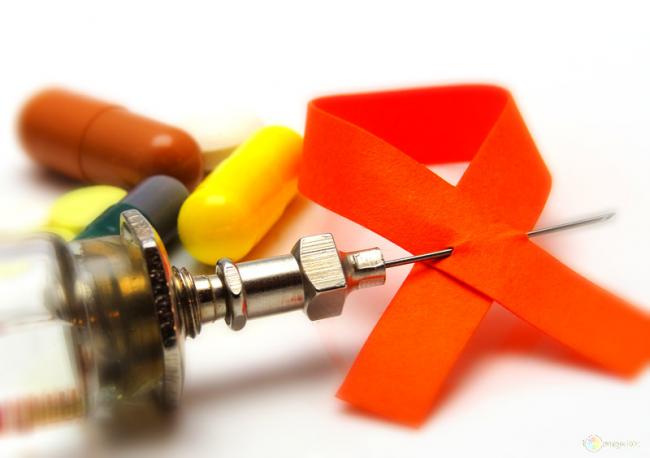
Saskatchewan government refuses to declare emergency on HIV epidemic
On Monday, at a press conference in the capital, Denise Werker, Saskatchewan’s deputy chief medical health officer, announced the government has no such infrastructure under the province’s health care act to make such a declaration.
Werker was answering to an open letter released on Monday morning which stated 31 of the province's HIV/AIDS GPs demanded a call to action.
The HIV rate in Saskatchewan is more than twice the national average (13.8 cases per 100,000 people versus 5.8 cases per 100,000 people).
As per the open letter, the problem is suspiciously affecting Indigenous Saskatchewans.
Among the 1,515 people diagnosed with HIV in the province, in the last decade, 1075 belonged to the Indigenous category. About 3.5 percent of the population in the Ahtahkakoop First Nation are affected with HIV, which is far more than the rates of HIV in the African nations of Nigeria, Congo and Rwanda.
Although there had been a decrease in HIV cases in the earlier years, recently 2014 onwards, the cases started growing high, leading to 158 affected in 2015.
According to the doctors, the need of the hour is to adopt the 90-90-90 target set out by the United Nations. The plan explains, 90 percent of people who are HIV positive to be diagnosed, 90 percent of those who are diagnosed to be receiving antiretroviral treatment, and 90 percent of those in treatment to have viral levels that are low enough to prevent transmission to others.
However the letter points out, "Despite the urging of experts from within the province and across Canada, the Government of Saskatchewan has refused to adopt the 90-90-90 goals.” It also mentions that reaching the 90-90-90 target "would bring an end to AIDS in our province."
But Werker claimed that through the province's HIV strategy, which was implemented in 2010, the government has been providing $4 million a year to assist in the prevention and treatment of HIV.
However, Werker further explains that since 2006, the rate of HIV testing soared by 46 percent, and the number of testing sites has increased from 0 to 59 in the last 10 years.
She also mentioned despite last year's increase in the number of HIV cases, there was a decrease in the number of cases of AIDS, which implies that people are getting tested and treated earlier.
"We are well aware that we have the highest rates in Canada everyone agrees this is not acceptable but this cannot be fixed overnight," she said.
Saskatoon physician Ryan Meili told VICE the government could be doing a lot more.
"If they were doing all they could, we wouldn't see the problem getting worse. Increased testing does not account for a 50 percent spike in one year."
He adds a further insight stating, as per the province's own numbers, each new HIV case costs $1.4 million including $450,000 in medication plus indirect costs.
"An uncoordinated expenditure of a tenth of that is not going to solve the problem."
Earlier the disease used to spread primarily through intravenous drug use, but more and more sexual transmissions are now taking place, cited Meili. The doctors have created a 10-point plan required to achieve 90-90-90 in Saskatchewan. They also expressed the need for resources from the province to put it into action. One of the key elements is forming a centralized organization to guarantee that the plan is on track.
Furthermore, there also needs to be better access to medical treatment, he believes.
"This isn't a terribly hard disease to treat. There's lots of examples that could work, we can draw on what's been done in BC and even what's been done in Saskatchewan already," Meili said. "But right now the resources aren't there."
Werker said an HIV mobilization event taking place next month will bring together 150 stakeholders in the province, who will be given the chance to work together on how to address the epidemic. She said the responsibility of on-reserve care is on Health Canada.
(Reporting By Debarati Mukherjee)
Support Our Journalism
We cannot do without you.. your contribution supports unbiased journalism
IBNS is not driven by any ism- not wokeism, not racism, not skewed secularism, not hyper right-wing or left liberal ideals, nor by any hardline religious beliefs or hyper nationalism. We want to serve you good old objective news, as they are. We do not judge or preach. We let people decide for themselves. We only try to present factual and well-sourced news.







